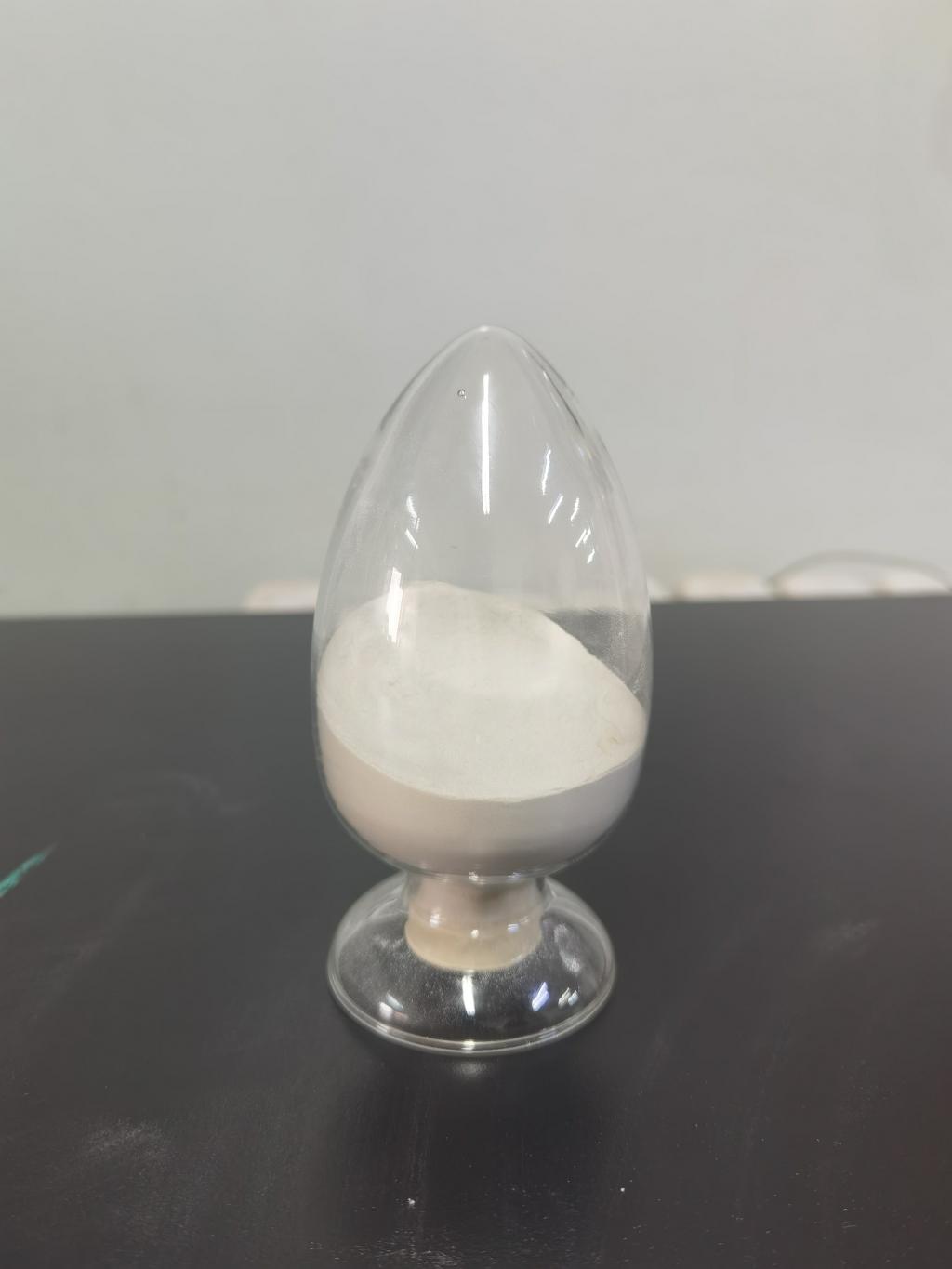Tel:+8618231198596

News
 CONTACT
CONTACT
 CONTACT
CONTACT
- Linkman:Linda Yao
- Tel: +8618231198596
- Email:linda.yao@dcpharma.cn
- Linkman:CHARLES.WANG
- Department:Overseas
- Tel: 0086 0311-85537378 0086 0311-85539701
News
Current Position:
Home >
News
>Nisin's Contribution to Ethical Food Choices: A Step Towards Responsible Consumption
Nisin's Contribution to Ethical Food Choices: A Step Towards Responsible Consumption
TIME:2024-03-26
Understanding Nisin:
Nisin is a naturally occurring peptide produced by the bacterium Lactococcus lactis. It has been used for decades as a food preservative, primarily in dairy products such as cheese and yogurt. Nisin's antimicrobial properties inhibit the growth of harmful bacteria, thereby extending the shelf life of food products and reducing the need for chemical preservatives.
Ethical Implications of Nisin:
Reducing Food Waste: One of the most significant ethical implications of nisin is its ability to reduce food waste. By extending the shelf life of perishable foods, nisin helps prevent spoilage and allows consumers to use products before they become inedible. This not only saves money for consumers but also reduces the amount of food that ends up in landfills, thereby minimizing environmental impact.
Sustainable Agriculture: The use of nisin as a natural preservative aligns with principles of sustainable agriculture. Unlike chemical preservatives, which may have adverse effects on the environment, nisin is derived from natural sources and poses minimal risk to ecosystems. By promoting the use of nisin in food production, consumers can support environmentally friendly farming practices.
Ethical Treatment of Animals: In addition to its role in food preservation, nisin may also contribute to the ethical treatment of animals in the food industry. By reducing the need for chemical preservatives, nisin can help maintain the freshness of animal-derived products without compromising animal welfare. This aligns with consumer preferences for products that are produced humanely and sustainably.
Health Benefits of Nisin:
In addition to its ethical implications, nisin also offers potential health benefits for consumers. Research suggests that nisin may have antimicrobial and anti-inflammatory properties, making it a promising candidate for combating foodborne pathogens and inflammatory conditions. By incorporating nisin into their diets, consumers may not only reduce their risk of foodborne illness but also support overall health and well-being.
Consumer Awareness and Education:
Despite its potential benefits, many consumers may be unaware of nisin and its role in promoting ethical food choices. Therefore, raising awareness and providing education about nisin's properties and benefits is crucial. Food manufacturers can play a key role in this effort by labeling products that contain nisin and highlighting its ethical and health-related advantages. Additionally, public health campaigns and educational initiatives can help inform consumers about the importance of responsible consumption and the role of nisin in achieving this goal.
Regulatory Considerations:
As with any food additive, the use of nisin is subject to regulatory oversight to ensure its safety and efficacy. In many countries, nisin is approved for use as a food preservative within specified limits. Regulatory agencies conduct thorough evaluations of nisin's safety profile, including its potential allergenicity and impact on consumer health. By adhering to regulatory guidelines and standards, food manufacturers can ensure the responsible use of nisin in food production.
Conclusion:
Nisin represents a promising avenue for promoting ethical food choices and responsible consumption. Its ability to extend the shelf life of perishable foods, support sustainable agriculture, and potentially improve consumer health makes it a valuable asset in the quest for a more ethical and sustainable food system. By raising awareness, educating consumers, and adhering to regulatory standards, stakeholders can harness the full potential of nisin to create a more ethical and environmentally conscious food industry. As consumers become increasingly mindful of the ethical implications of their food choices, nisin stands poised to play a significant role in shaping the future of food consumption.
- Tel:+8618231198596
- Whatsapp:18231198596
- Chat With Skype







